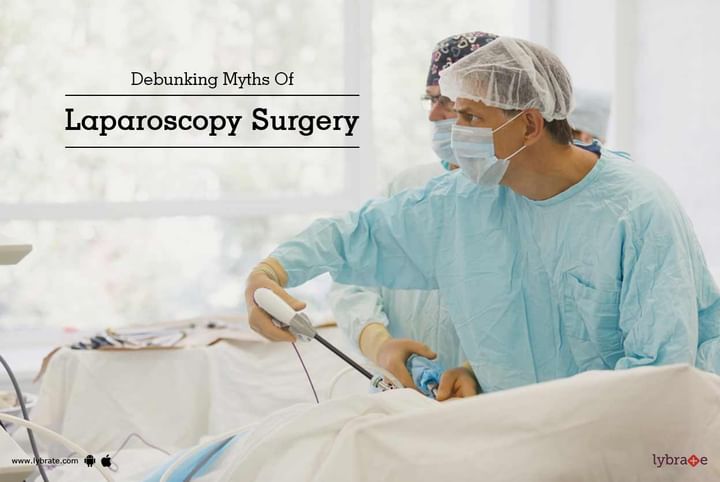Debunking Myths Of Laparoscopy Surgery
A widely used surgical procedure, laparoscopy involves the insertion of certain surgical instruments, small tubes and video cameras in your abdomen through small incisions and cuts. This procedure is used to diagnose a number of ailments such as ovarian cysts, endometriosis, and pelvic inflammatory diseases to name a few. Even though laparoscopy is a very popular form of surgery, there are quite a few myths associated with it, which are:
1. Myth: The images taken through a laparoscope are of poor quality
This is not true. In fact, the visuals obtained through a laparoscope are clearer and much more accurate when compared to those obtained via an open surgery. The visuals of a video laparoscopy provide a detailed magnification of even those parts of the area that are inaccessible by the human eye.
2. Myth: If you've undergone multiple abdominal surgeries in the past, you can't opt for a laparoscopy
The truth is that you can go for a laparoscopy even if you've gone through multiple surgeries previously, irrespective of the location or size of the previous incisions. This is done through the use of a special instrument, called a microlaparscope that enables safe entry into the abdomen of the patient.
3. Myth: If you have large fibroids and ovarian cysts, you can't have them removed through a laparoscopy
False. Even though the incisions made by a laparoscopy are really small, they still allow the safe removal of large abdominal structures by the use of certain devices. For example, a cylindrical tool known as morcellator can be inserted through a laparoscopic incision and be used to remove large fibroids and ovarian cysts.
4. Myth: If you're overweight or underweight, you can't undergo a laparoscopy
No matter if you're obese or too thin, you can still undergo a laparoscopy as the tools used for this surgical procedure are available in different lengths and sizes, and can be adjusted as per the body type of the patient before the incision is made. If you wish to discuss about any specific problem, you can consult a General Surgeon.



+1.svg)
